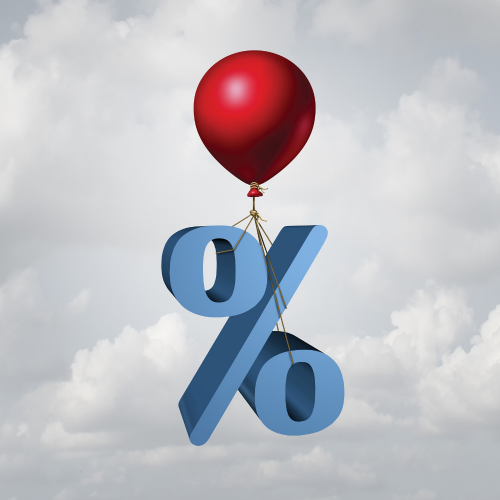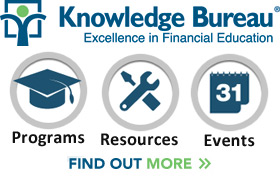
New Tax Changes for Caregivers: Alberta Budget
Alberta Finance Minister Nater Horner delivered his second consecutive deficit budget on February 26. The deficit is large at $9.4 billion, which the government attributes largely to declining oil revenues. The document is called Fiscal Plan 2026-2029 meaning that this is a three-year fiscal pan, rather than the typical one-year projection.The Fine Print Matters: New Tax Deductions for Employees
 The April 7, 2022 Federal Budget introduced a new tax deduction for employees which will be in effect starting on January 1, 2022, assuming Royal Assent will be received. With the exception of some simplified filing opportunities, most employee deductions will require receipts and a signed tax form from the employer. It is expected this will be no different for the new Labour Mobility Deduction. Here are the details to know:
The April 7, 2022 Federal Budget introduced a new tax deduction for employees which will be in effect starting on January 1, 2022, assuming Royal Assent will be received. With the exception of some simplified filing opportunities, most employee deductions will require receipts and a signed tax form from the employer. It is expected this will be no different for the new Labour Mobility Deduction. Here are the details to know:
Surrogacy Costs: Parents to Receive Tax Credits
 Paying a surrogate to bear a child is illegal in Canada. Yet, the Nova Scotia government recently introduced a new refundable tax credit for surrogacy-related medical expenses, a first in Canada. The federal government, too, proposed a similar provision in the April 7 Federal Budget, to provide for tax relief for reimbursements paid to the “patient”, the surrogate.
Paying a surrogate to bear a child is illegal in Canada. Yet, the Nova Scotia government recently introduced a new refundable tax credit for surrogacy-related medical expenses, a first in Canada. The federal government, too, proposed a similar provision in the April 7 Federal Budget, to provide for tax relief for reimbursements paid to the “patient”, the surrogate.
Interest Deductibility: Building Acquisitions
 At a time when interest rates are rising, a more common question from investors in real estate may concern interest deductibility. When is the interest paid on a loan to finance a building or its construction, written off as an operating expense and when must it be capitalized? Most people are unaware of the latter option.
At a time when interest rates are rising, a more common question from investors in real estate may concern interest deductibility. When is the interest paid on a loan to finance a building or its construction, written off as an operating expense and when must it be capitalized? Most people are unaware of the latter option.




